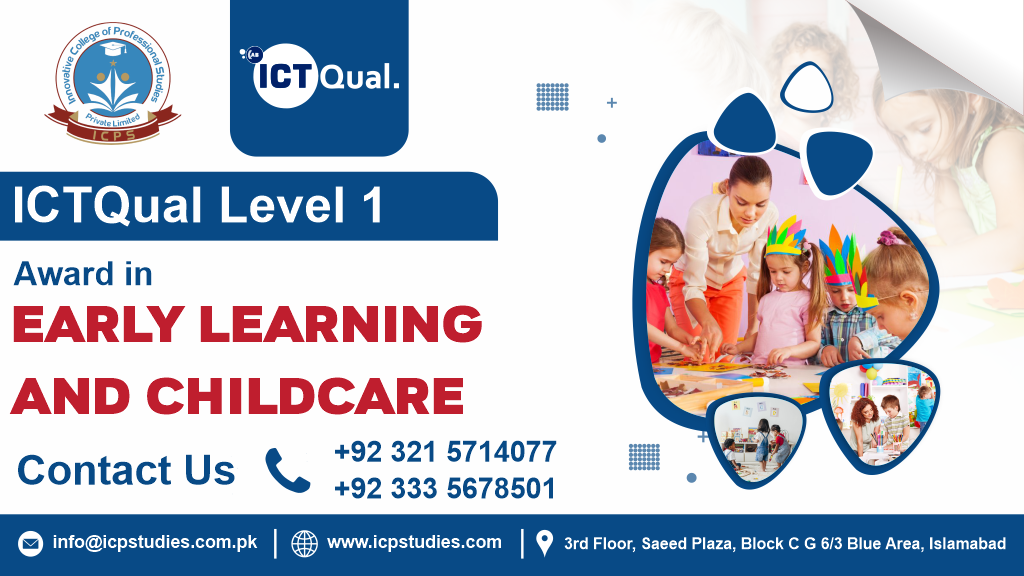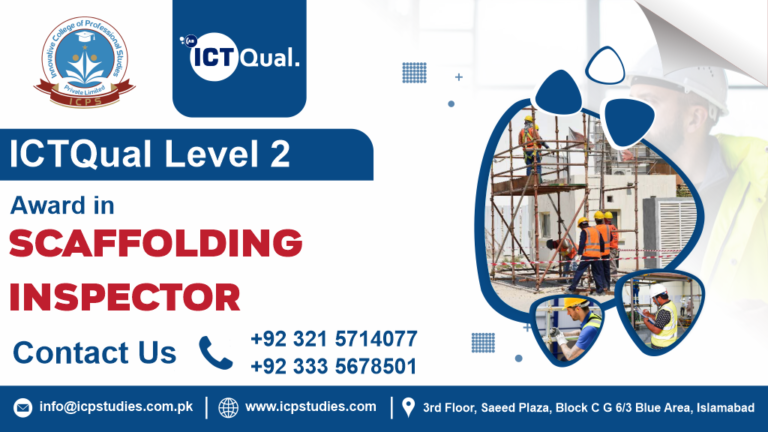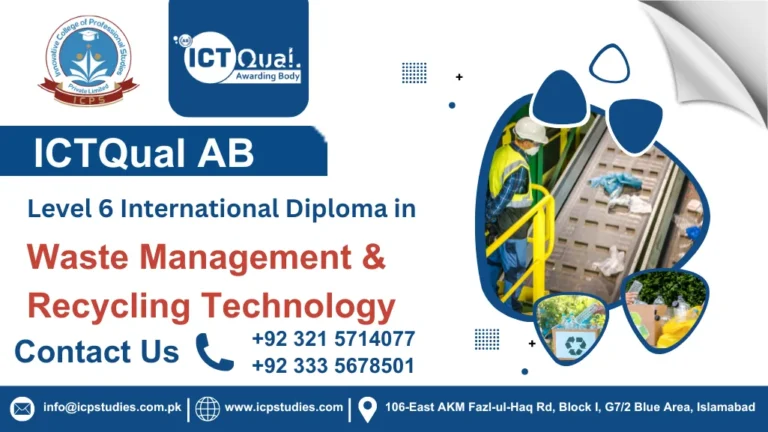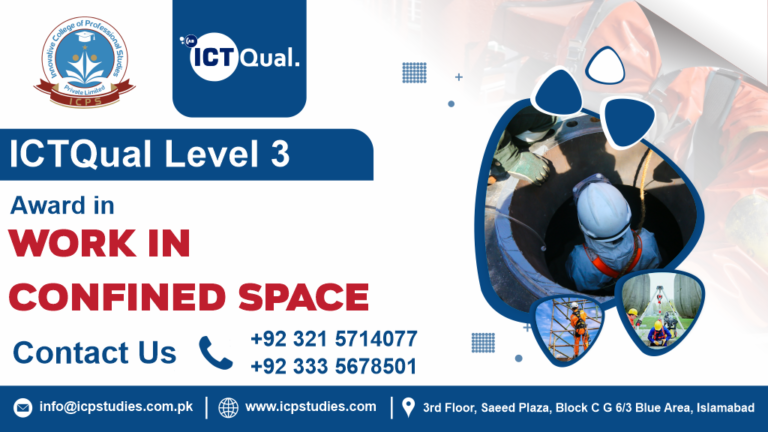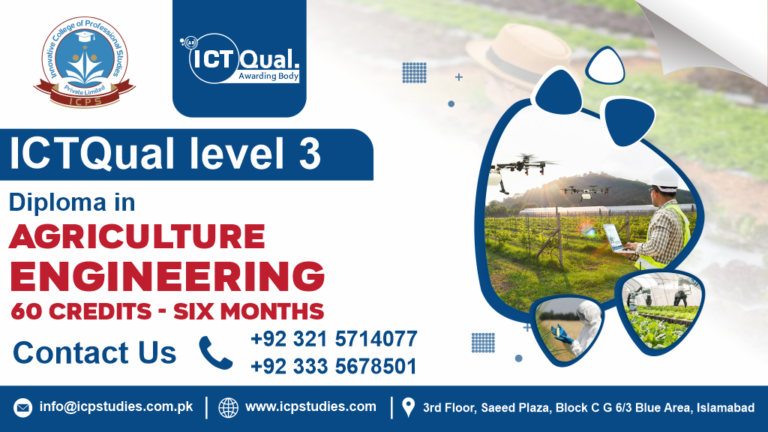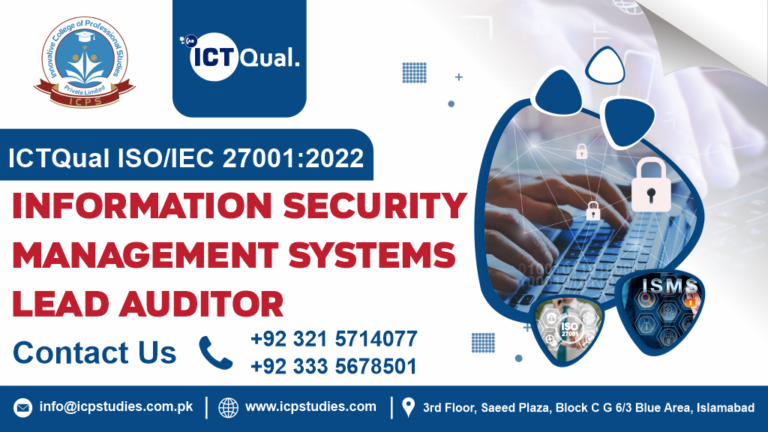In the ever-evolving field of early childhood education, pursuing a career can be both exciting and daunting. For those eager to make a meaningful impact on young lives, the Level 1 Award in Early Learning and Childcare offers a foundational starting point. This qualification is designed to introduce you to the fundamental principles of early years education and set you on a path toward more advanced learning and professional development.
The Level 1 Award in Early Learning and Childcare is an entry-level qualification that provides an introduction to the basic concepts and skills required to work with young children. It is ideal for those who are new to the field or are considering a career change. The course covers a range of topics designed to give learners an understanding of the needs and development of young children, and it lays the groundwork for further studies and career progression.
The Level 1 Award in Early Learning and Childcare is more than just a qualification; it’s the first step toward a fulfilling career in nurturing and educating young children. It provides a solid foundation in the principles of early years education and equips you with the essential skills needed to begin your journey in this rewarding field. If you’re passionate about making a difference in the lives of children and ready to embark on a new career path, the Level 1 Award is an excellent place to start.
All About ICTQual Level 1 Award in Early Learning and Childcare
Course Overview
The Level 1 Award in Early Learning and Childcare is an introductory qualification designed for individuals who are new to the field of early years education or are considering a career shift into childcare. This award serves as a foundational course that covers the basic principles and practices essential for working with young children, typically from birth to age 5.
Level 1 Award in Early Learning and Childcare is an essential qualification for anyone looking to start a career in early childhood education. It offers foundational knowledge, practical skills, and a stepping stone toward further professional development in the field of childcare.
Study Units
- Introduction to Early Childhood Education and Care
- Health and Safety in Early Years Settings
- Child Development
- Promoting Positive Relationships
- Understanding Early Years Legislation and Regulations
- Observation and Record Keeping
To enroll in the ICTQual Level 1 Award in Early Learning and Childcare, participants typically need to meet the following requirements:
- Age Requirement: Participants should be at least 16 years old.
- Basic Literacy and Numeracy: A basic understanding of English and fundamental literacy and numeracy skills are essential for completing the course.
- Interest in Childcare: A genuine interest in working with children and understanding early childhood development is beneficial.
- Course Registration: Participants must register for the course through an accredited training provider.
- Payment: Course fees must be paid as required by the training provider.
- Commitment to Attend: Participants should be prepared to attend the full duration of the course and complete any required assessments to receive certification.
The ICTQual Level 1 Award in Early Learning and Childcare is designed for:
- Individuals New to Childcare: Those looking to start a career in early years education and childcare.
- Entry-Level Workers: Individuals seeking basic knowledge and understanding of childcare practices without prior experience.
- Students: Young people interested in exploring a career in early childhood education.
- Volunteers: Those looking to volunteer in childcare settings and wanting foundational knowledge.
- Parents and Guardians: Individuals interested in understanding early childhood development and care to support their own children.
This course provides participants with essential insights into child development, care practices, and the responsibilities involved in working with children, serving as a stepping stone for further studies or entry into the childcare field.
4o mini
Learning Outcome
1. Introduction to Early Childhood Education and Care
Learning Outcomes:
- Understand the Scope of Early Childhood Education: Describe the roles and responsibilities of professionals in early childhood education and care settings.
- Identify Key Principles and Practices: Recognize the foundational theories and practices that underpin early years education.
- Explore Different Early Years Settings: Compare various types of early childhood settings (e.g., nurseries, preschools, family day care) and their purposes.
- Reflect on the Importance of Early Years Education: Explain the significance of early childhood education in supporting the developmental needs of young children.
2. Health and Safety in Early Years Settings
Learning Outcomes:
- Recognize Health and Safety Standards: Identify key health and safety standards and regulations applicable to early years settings.
- Implement Safe Practices: Demonstrate basic procedures for ensuring the safety and well-being of children, including hygiene practices, risk assessment, and emergency procedures.
- Understand Child Protection: Explain the principles of child protection and safeguarding, including recognizing signs of abuse and understanding reporting procedures.
- Create a Safe Learning Environment: Develop strategies for maintaining a safe and healthy physical environment that supports children’s needs.
3. Child Development
Learning Outcomes:
- Identify Developmental Stages: Describe the major stages of child development from birth through early childhood and the associated milestones.
- Understand Developmental Needs: Explain how different aspects of development (physical, cognitive, emotional, social) interrelate and influence each other.
- Support Developmental Growth: Apply knowledge of child development to plan and implement activities that support and promote developmental progress.
- Recognize Individual Differences: Understand the variability in developmental progress among children and how to accommodate diverse needs.
4. Promoting Positive Relationships
Learning Outcomes:
- Foster Positive Interactions: Demonstrate effective communication techniques and strategies for building positive relationships with children, parents, and colleagues.
- Support Social Skills Development: Apply methods to encourage and support the development of social skills and positive behavior in children.
- Manage Conflicts Constructively: Use strategies for resolving conflicts and managing challenging behavior in a positive and constructive manner.
- Build Trust and Respect: Create an environment that promotes mutual respect, trust, and emotional security for children and families.
5. Understanding Early Years Legislation and Regulations
Learning Outcomes:
- Explain Key Legislation: Describe relevant laws and regulations governing early years education and childcare, including national standards and frameworks.
- Apply Regulatory Requirements: Demonstrate an understanding of how to apply these regulations in daily practice to ensure compliance and high-quality care.
- Understand the Role of Policies: Discuss the importance of organizational policies and procedures in maintaining legal and ethical standards in early years settings.
- Stay Informed of Changes: Recognize the need for ongoing professional development to stay updated on changes in legislation and best practices.
6. Observation and Record Keeping
Learning Outcomes:
- Conduct Observations Effectively: Demonstrate techniques for observing and recording children’s behavior and development accurately and objectively.
- Analyze Observational Data: Use observational data to assess children’s progress, identify needs, and plan appropriate interventions or activities.
- Maintain Confidential Records: Understand the importance of confidentiality and maintain accurate and secure records in accordance with legal and organizational guidelines.
- Use Records for Planning: Apply insights gained from observations and records to inform and enhance educational planning and support for individual children.
These learning outcomes provide a clear understanding of what each unit aims to achieve, ensuring that learners gain the essential knowledge and skills required for a successful career in early childhood education and care.
FAQs about ICTQual Level 1 Award in Early Learning and Childcare

